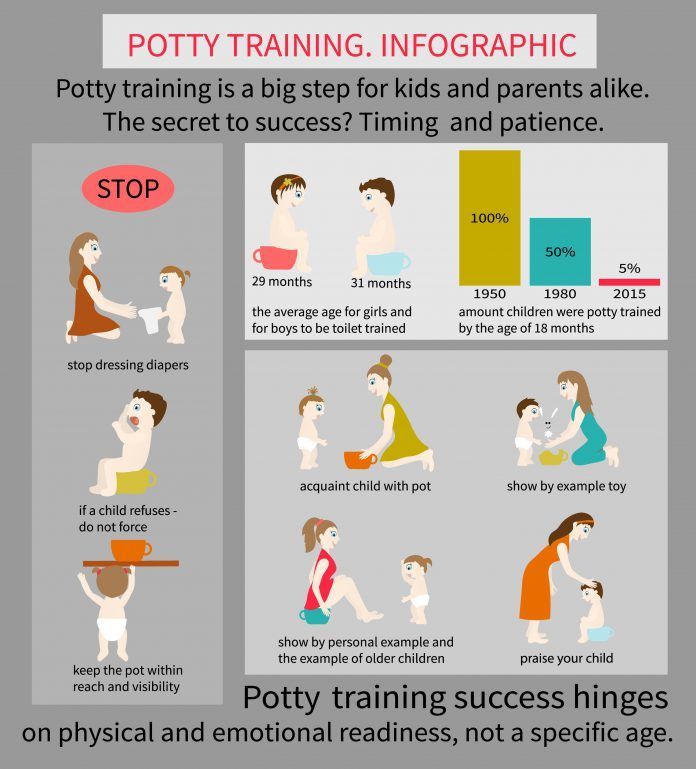How to legally remove a child from your home
I Need My Adult Child to Move Out of My House: What Can I Do?
Skip to contentPrevious Next
- View Larger Image
I see these stories time and time again—adult children acting like spoiled brats and misbehaving in their own parents’ home. Whether it’s not wanting to clean up after themselves or, even worse, a drug addiction that’s going downhill and the child refusing help, the parents are living day in and day out with an unhealthy amount of stress and anxiety.
So you have “the talk” with your child and tell them they will have to find somewhere else to live because you are sick and tired of being sick and tired of them misbehaving. Back in the day, kids would just leave, tired of being nagged by their parents. Nowadays, your child may respond, “I have rights. ” Or after you have locked your child out of the house, a police officer might come to your door and say, “You have to let your child back in and get an attorney since they are an occupant of the property.”
You look stunned. My child hasn’t paid a dime in rent, you say, eating up all my food and not taking care of the house. Yet they have rights? You don’t know what to do.
Unfortunately, if your child has stayed at the property for two weeks, 30 days, or three years, and if you have allowed them to stay at your home and live there, even without paying rent, you cannot forcefully remove your child from your home without first going to court and starting an eviction process. If you and your child did not have an agreement to pay rent or have an agreement to the specific terms of the stay, that child has established what we call a “tenancy at will” in your home.
In a tenancy at will, your child can stay in your home for an unspecified period of time without paying any money. The only way to legally start the eviction process on a child with a tenancy at will is to give him or her a 30-day notice to vacate (60-day notice if the child has been in your home more than one year) and wait the 30 or 60 days after you gave notice to allow your child to leave.
The only way to legally start the eviction process on a child with a tenancy at will is to give him or her a 30-day notice to vacate (60-day notice if the child has been in your home more than one year) and wait the 30 or 60 days after you gave notice to allow your child to leave.
If your child refuses to leave your home within the time to vacate, you will have to go to court and start an eviction (known as an “unlawful detainer”) and get a court order to forcefully remove your child from your home. Gone are the days where you could throw your child’s stuff out of the house and tell them to “scram.”
If you are going through this situation right now, you should get legal counsel right away. Taking the wrong type of action such as “encouraging” your child to leave by removing his or her belongings from your home or something similar could lead to a lawsuit, and a court order could allow your child to return to your home. There could also be other penalties. It is very stressful dealing with this type of situation, so get the legal help you need ASAP if you are going through this situation. You will want to end up on the right side of the law.
You will want to end up on the right side of the law.
Attorney Robert M. Wells is the principal attorney of The Law Office of Robert M. Wells, which is currently based in Vallejo, California which provides high quality legal services for Business, Estate Planning, Landlord, and Real Estate related matters. The Law Office of Robert M. Wells presently serves clients in Contra Costa, Napa, and Solano Counties, and the following cities: Vallejo, Benicia, Fairfield, Vacaville, Rio Vista, American Canyon, Napa, Antioch, Bay Point, Pittsburg, Concord, Pleasant Hill, Walnut Creek, Danville, Lafayette, Orinda, Martinez, Richmond, and El Cerrito.
How do I get my adult child out of my house? Ejectment! — Law Offices of Pawuk & Pawuk
December 12th, 2016
Many parents let their adult children live in their homes during difficult times. Sometime these "children" take advantage, and the parents want them out. But since there's no lease agreement, and usually no other agreement, written or verbal, it's difficult. How do I get my adult child out of my house? You can:
But since there's no lease agreement, and usually no other agreement, written or verbal, it's difficult. How do I get my adult child out of my house? You can:
- File an Ejectment action in the Circuit Court
- File an eviction if there's a written or oral lease with specific terms.
- File an Unlawful Detainer action, which is sometimes the fastest way to go.
There are other reasons why these factors are important. For example, if your adult child won't leave, and fights the legal action, they might claim that they have paid rent in the past and file a motion to dismiss the Complaint because it is filed in the wrong court. See Florida Statute Chapter 83. A Motion to Dismiss the Ejectment will cause the case to be set for a hearing before a judge. And it drags out the process. Meanwhile, the person you're trying to get rid of is still living in your home. It can be a disaster. An experienced Pasco County eviction lawyer, Hired in the beginning of your case, can prevent all of this. When you call us to discuss your specific Ejectment case make sure you know:
When you call us to discuss your specific Ejectment case make sure you know:
- How the adult child moved in initially.
- Why?
- Did you ever have an agreement as to money that might be paid for rent, or bills, or food, or even cleaning?
- Was the agreement in writing - it's ok if it was verbal.
- Did you agree to a specific length of time the adult child was to live in your house?
- Why you want them out now. (It doesn't have to be a major issue, it's your house, your rules.)
Our experienced Trinity eviction attorney will examine all the facts of your case in detail. At this point, the best approach to removing your tenant (or squatter) will be determined. An Unlawful Detainer action or Termination of Tenancy may be the best approach under the circumstances and could accomplish removal of the individual in a far shorter time. Contact our Pasco County eviction attorney today to evaluate your case.
Categories: Ejectment, Eviction
Tags: adult child, agreement, eject, evicition, eviction attorney, florida, home, landlord, lease, Pasco, real estate attorney, rent, rental, trinity
Meet Our Attorney
Daniel N.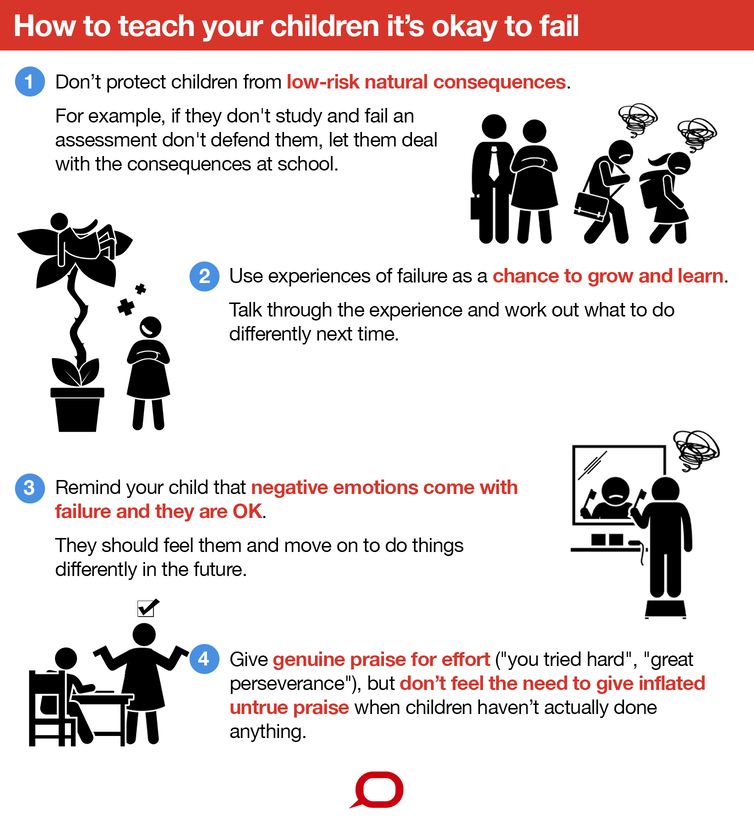 Pawuk
Pawuk
Former State Prosecutor — Tampa & Clearwater, FL 20+ Years Experience
Dan is a hands-on advocate who will keep you informed about your case and educated about your options. Despite the number of cases he has handled, no case is ever a number to Dan. Read More
Recent Blog Posts
DUI - FOR SLEEPING IN MY CAR! WHAT?
August 26th, 2021
Once upon a time, back in the olden days…When ordering a PBR at the bar wasn’t a novelty. When cars started with keys, not buttons. Back in those days, it seems we’d hear stories of a buddy who got too drunk to drive and did the right thing by… Read More
Read More From Our Blog
Can a father take a child from his mother
- Home
- Questions and answers of a family law lawyer
- Questions to a lawyer about children in a divorce
- How to take a child from mother to father?
Ask a question
Ask a lawyer for FREE!
The answer to question whether a father can take a child from mother and how to do this depends on the agreement between the father and mother, their personal qualities, and how the issue of children is settled between them. The place of residence of children and the procedure for communicating with them can be established by the father and mother by written agreement or through the court. One way to legally take a child away from the father or mother is through a voluntary agreement. Also, you can take the child from the second parent by terminating the already concluded agreement by mutual agreement.
In the event of a dispute, the father and mother have the right to apply to the court to determine the place of residence of the child and the procedure for exercising parental rights. If the place of residence and the procedure for communicating with the child have already been determined by the court, then it can also be legally taken away through the court. In some situations, it is possible to take a child from a mother or father by restricting parental rights or depriving parental rights. In legal practice, there are complex compositions when it is possible to take a child from the mother only with the help of an experienced lawyer or lawyer.
How can a father take a child from his mother during a divorce?
When a marriage is dissolved, the father and mother have the right to determine the place of residence of common minor children. If one of the parents living separately wants to legally pick up the children, then you need to conclude an agreement with the other parent on the location of the children. If there is such an agreement, the divorce case will be considered by the justice of the peace at the place of residence of the defendant.
If there is such an agreement, the divorce case will be considered by the justice of the peace at the place of residence of the defendant.
In the event of a dispute about children during a divorce, the case of divorce and determination of the place of residence of children is considered by the district court. The claim for divorce can be considered by the court at the place of residence of both the defendant and the plaintiff, if alimony is claimed, or leaving the place of residence of the defendant is impossible due to the state of health or minor children.
How can a father legally take a child from his mother through the court?
In most cases, after a divorce, minor children remain to live with their mother, and alimony is collected from the father for their maintenance. In some cases, an objective situation arises when it is required to take the child away from the mother. For example, a drinking mother wastes alimony not for the intended purpose, does not take care of the upbringing and development of the child.
There are also situations when the father wants to take the child away from other relatives, for example, from the grandmother. In any case, in order for the father to legally take the child from the mother, it is necessary to file a lawsuit in court to determine the place of residence of the child. The claim for determining the place of residence of children with the father is considered by the district (city) court at the place of residence of the child.
In the statement of claim, indicate the data of the court, information about the plaintiff and the defendant, the guardianship authority, the circumstances of the separation of the father and mother, housing conditions, financial situation, conditions for upbringing and development, the child’s attachment, the moral and moral qualities of the parents, the request to determine the place of residence of the child with father and a list of applications.
To conduct a molecular genetic examination (DNA), it is necessary in a court case.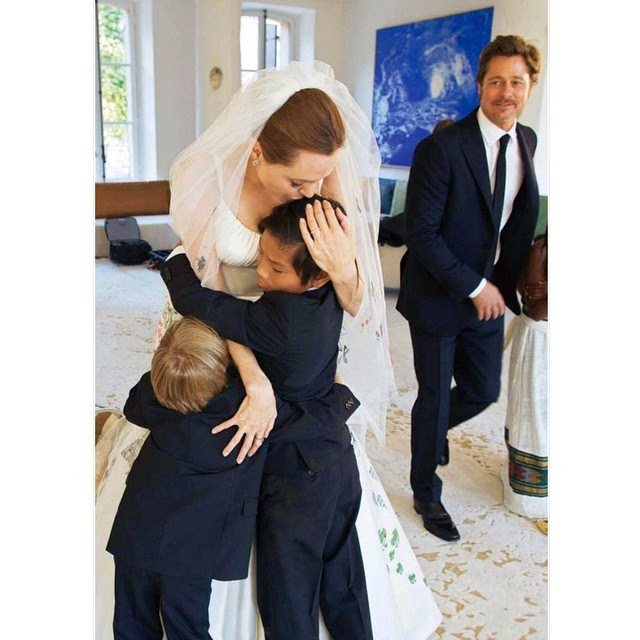 A copy of the child’s birth certificate, evidence of the need to pick up the child, characteristics of the father’s personal qualities, documents on an attempt to pre-trial settlement of the dispute, notification of sending to the persons participating in the case, must be attached to the statement of claim, copies of the claim and documents missing from them, as well as other documents. The state duty is not paid when considering cases on the protection of the rights and legitimate interests of the child.
A copy of the child’s birth certificate, evidence of the need to pick up the child, characteristics of the father’s personal qualities, documents on an attempt to pre-trial settlement of the dispute, notification of sending to the persons participating in the case, must be attached to the statement of claim, copies of the claim and documents missing from them, as well as other documents. The state duty is not paid when considering cases on the protection of the rights and legitimate interests of the child.
How can a father take a child from his mother after the trial?
After the court satisfies the claim for determining the place of residence of the child and the entry into force of the court decision, you need to receive a writ of execution. The court decision establishes the place of residence of the child, as well as the issues of raising the child and paying alimony (if the father makes such demands). If the court decision is not complied with, the child can be taken away through the bailiff service.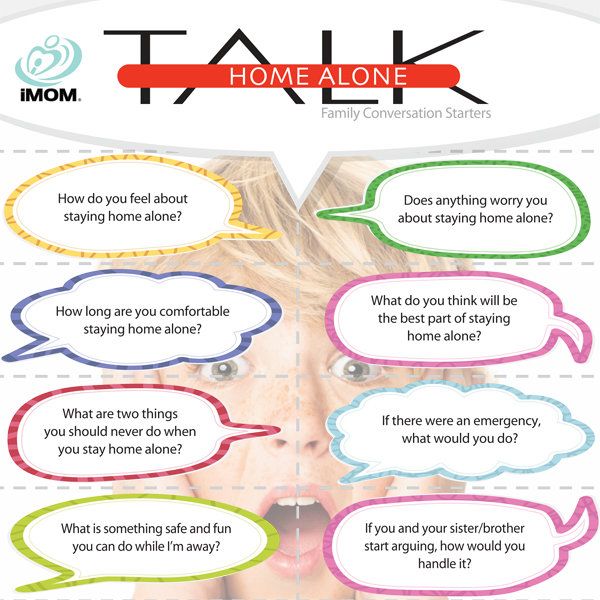
Remember! To answer question how a father can legally take a child away from a mother or a grandmother with whom he lives may require good knowledge of family, housing and civil law, as well as experience in litigation. Before taking the child from the father or mother through the court, we recommend that you contact an experienced lawyer or family dispute lawyer. Preliminary legal advice will help you figure out how to legally take the child from the father or mother through the courts.
Order service
Fill out an application on the site, we will contact you shortly and answer all your questions.
Family law services
Determination of the child's place of residence by the court
Determination of the place of residence of a minor child by the court. The procedure for determining the place of residence of the child through the district court
More details
Determination of the place of residence of the child with the father
Determination of the place of residence of the child with the father. The procedure for establishing by the court the place of residence of children with the father
The procedure for establishing by the court the place of residence of children with the father
Read more
Determining the place of residence of the child and alimony
Legal services for determining the place of residence of the child and collecting alimony. Assistance of a family lawyer in determining the place of residence of children with a father (mother) and collecting alimony
More details
Sample statements of claim for family disputes
Claim for maintenance and determination of the place of residence of the child
Claim for determining the place of residence of the child and the recovery of alimony. Download a sample statement of claim for determining the place of residence of children and alimony
More details
Claim for determining the place of residence of the child sample
Claim for determining the place of residence of the child.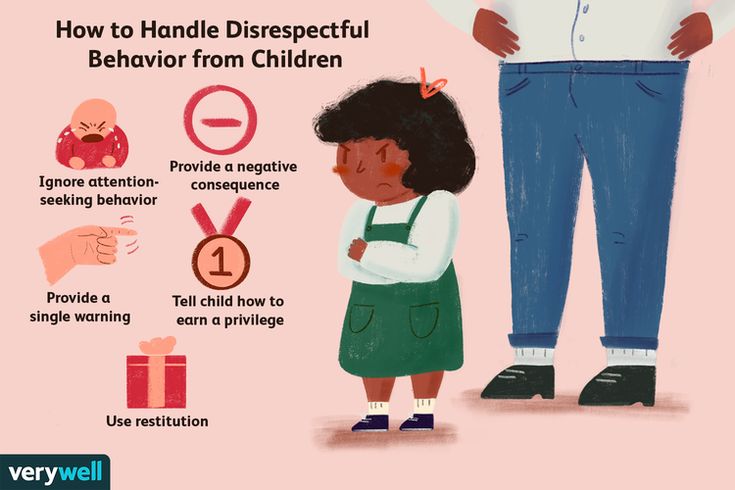 Download a sample statement of claim to establish the place of residence of minor children
Download a sample statement of claim to establish the place of residence of minor children
More details
Agreement on determining the place of residence of the child sample
Agreement on the determination of the place of residence of the child when the parents live apart. Download a sample of a notarial agreement on establishing the place of residence of children
More
Judicial practice in family matters
Case on determination of the place of residence of the child
Case on determination of the place of residence of the child and recovery of alimony
More details
Court decision on determining the place of residence of the child
Court decision on a claim for divorce, recovery of alimony and determination of the place of residence of the child at the place of residence of the mother
More details
Court practice in determining the place of residence of a child
Court practice in cases of determining the place of residence of a child at the place of residence of the father or mother
More details
Questions and answers on family law
How to determine the place of residence of a child
How to determine the child's place of residence with the father or mother? Which court determines the child's place of residence? How to determine the place of residence of the child after a divorce?
Read more
How are children divided in a divorce?
Can minor children be separated in a divorce? How does the court divide two children after a divorce?
Read more
Where to file for divorce if you have children?
Where to file for divorce if you have minor children? Where to apply for a divorce if you have a child?
Read more
Back to the list
What should I do if the father wants to take the child for himself, but the mother does not want to give it away and there are no grounds for deprivation of parental rights? - Lawyer in Samara and Moscow - representation in court and legal services
Hello.
What should I do if the father wants to take the child for himself, but the mother does not want to give it away and there are no grounds for depriving parental rights?
Lawyer Antonov A.P.
Good afternoon!
Art. Art. 65, 66 of the Family Code, parental rights cannot be exercised in conflict with the interests of children. Ensuring the interests of children should be the main concern of their parents.
When exercising parental rights, parents are not entitled to harm the physical and mental health of children, their moral development. Ways of raising children should exclude neglect, cruel, rude, degrading treatment, abuse or exploitation of children.
Parents exercising parental rights to the detriment of the rights and interests of children are liable in accordance with the procedure established by law.
All issues related to the upbringing and education of children are decided by parents by mutual agreement, based on the interests of the children and taking into account the opinions of the children. Parents (one of them), if there are disagreements between them, have the right to apply for resolution of these disagreements to the guardianship and guardianship body or to the court.
Parents (one of them), if there are disagreements between them, have the right to apply for resolution of these disagreements to the guardianship and guardianship body or to the court.
The place of residence of children in the case of separation of parents is established by agreement of the parents.
In the absence of an agreement, the dispute between the parents is resolved by the court based on the interests of the children and taking into account the opinions of the children. At the same time, the court takes into account the child’s attachment to each of the parents, brothers and sisters, the age of the child, the moral and other personal qualities of the parents, the relationship that exists between each of the parents and the child, the possibility of creating conditions for the child’s upbringing and development (type of activity, mode of work of parents financial and marital status of parents, etc.).
At the request of the parents (one of them) in the manner prescribed by the civil procedural legislation, and taking into account the requirements of paragraph two of this paragraph, the court with the obligatory participation of the guardianship and guardianship authority has the right to determine the place of residence of children for the period until the entry into force of the court decision on determining their living place.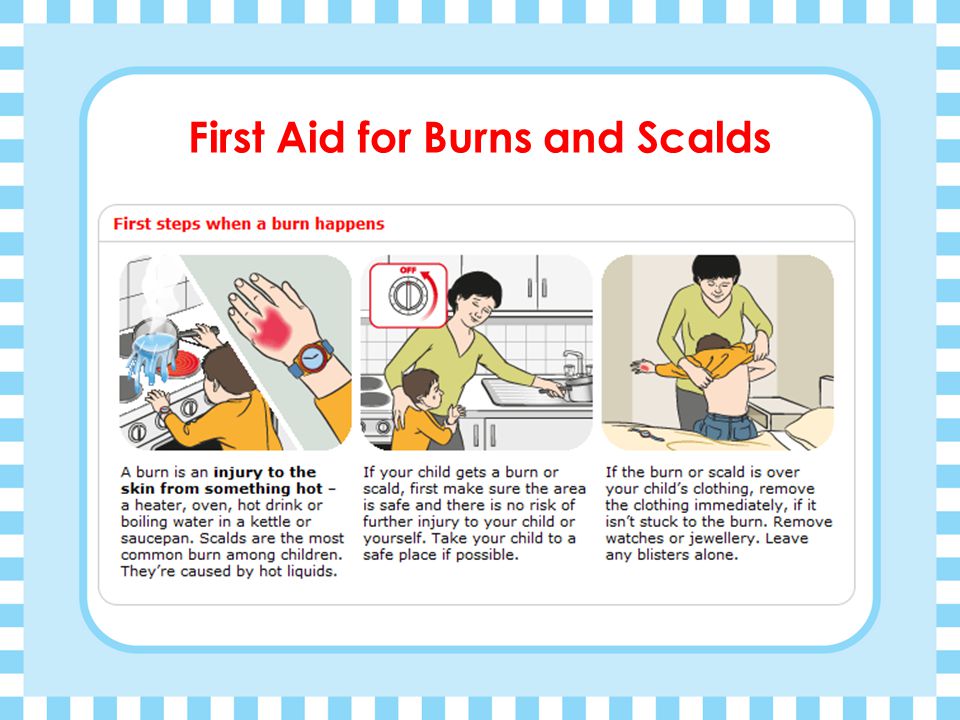
When exercising parental rights, parents (persons replacing them) have the right to assist them in providing the family with medical, psychological, pedagogical, legal, social assistance.
A parent who lives separately from the child has the right to communicate with the child, participate in his upbringing and resolve issues of the child's education.
The parent with whom the child lives must not interfere with the communication of the child with the other parent, if such communication does not harm the physical and mental health of the child, his moral development.
Parents have the right to conclude an agreement in writing on the procedure for exercising parental rights by a parent living separately from the child.
If the parents cannot reach an agreement, the dispute is resolved by the court with the participation of the guardianship and guardianship authority at the request of the parents (one of them). At the request of the parents (one of them) in the manner prescribed by the civil procedural legislation, the court with the obligatory participation of the guardianship and guardianship body has the right to determine the procedure for exercising parental rights for the period until the court decision enters into legal force.
If the court decision is not complied with, the guilty parent is subject to the measures provided for by the legislation on administrative offenses and the legislation on enforcement proceedings. In case of malicious failure to comply with the court decision, the court, at the request of a parent living separately from the child, may decide to transfer the child to him based on the interests of the child and taking into account the opinion of the child.
A parent who lives apart from the child has the right to obtain information about their child from educational organizations, medical organizations, social service organizations and similar organizations. The provision of information may be refused only if there is a threat to the life and health of the child on the part of the parent. Refusal to provide information may be challenged in court.
Thus, you can establish the order of communication with the child in court.
Sincerely, Attorney Anatoly Antonov, Managing Partner of Antonov & Partners Law Office.

